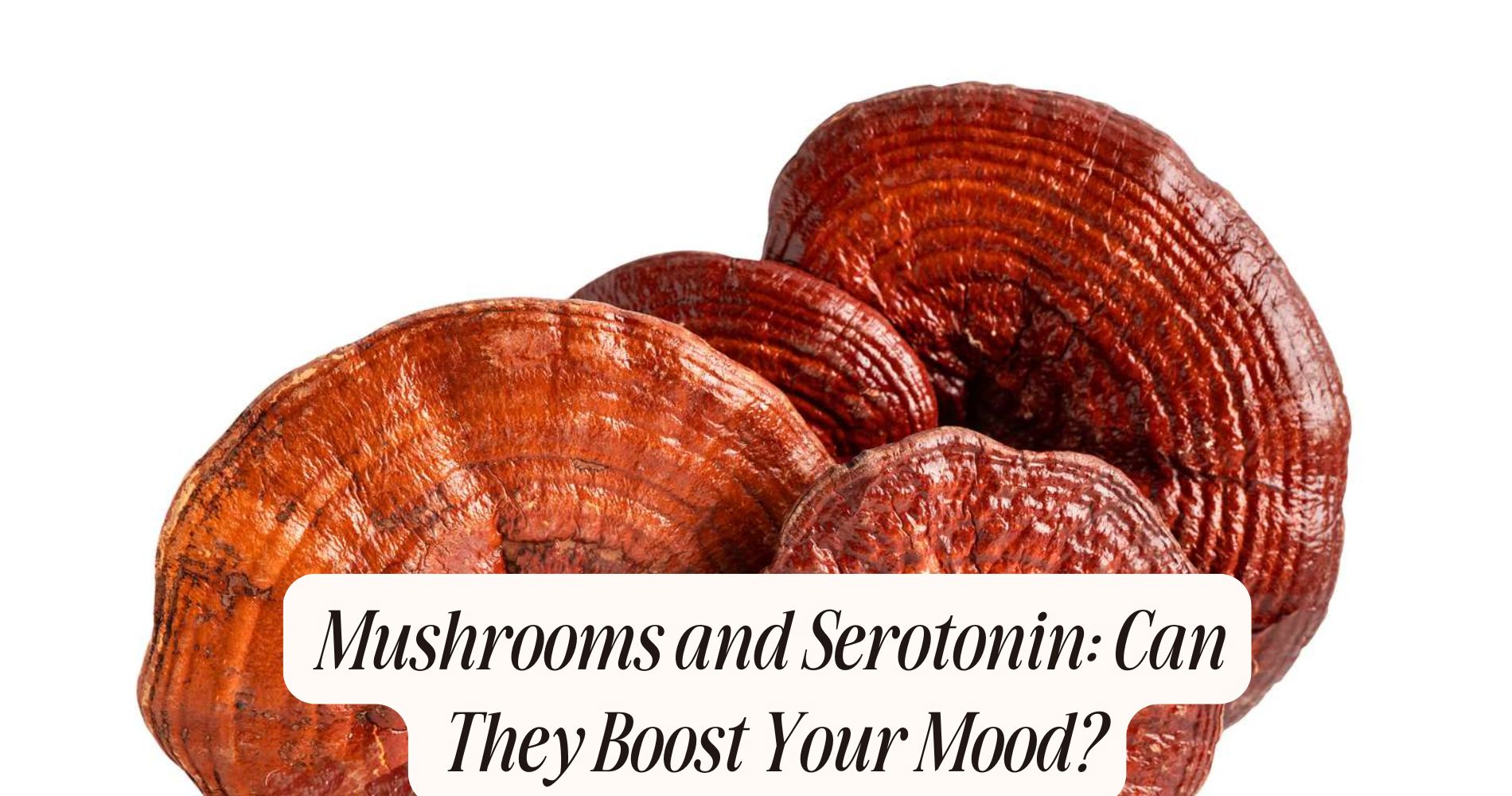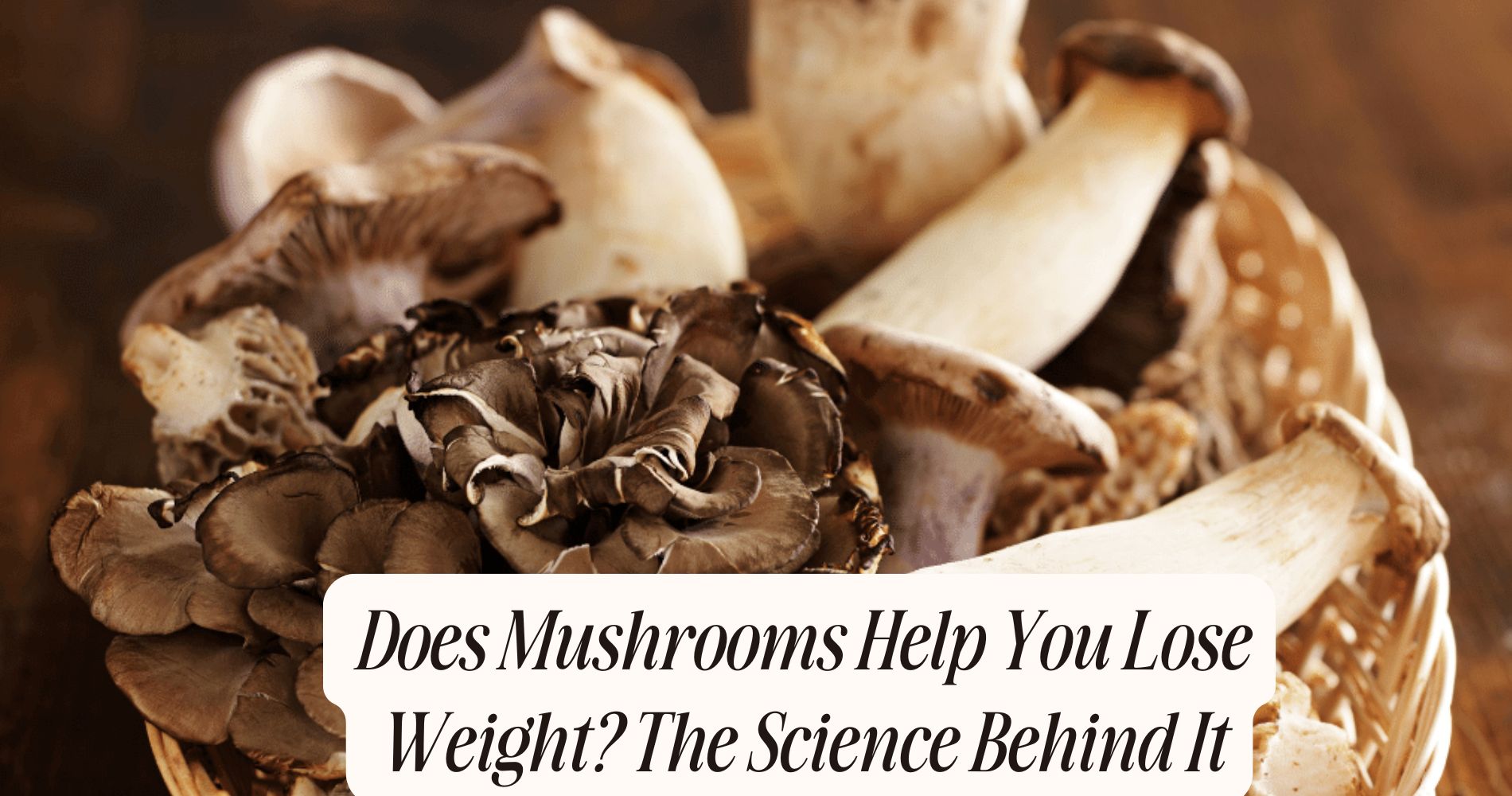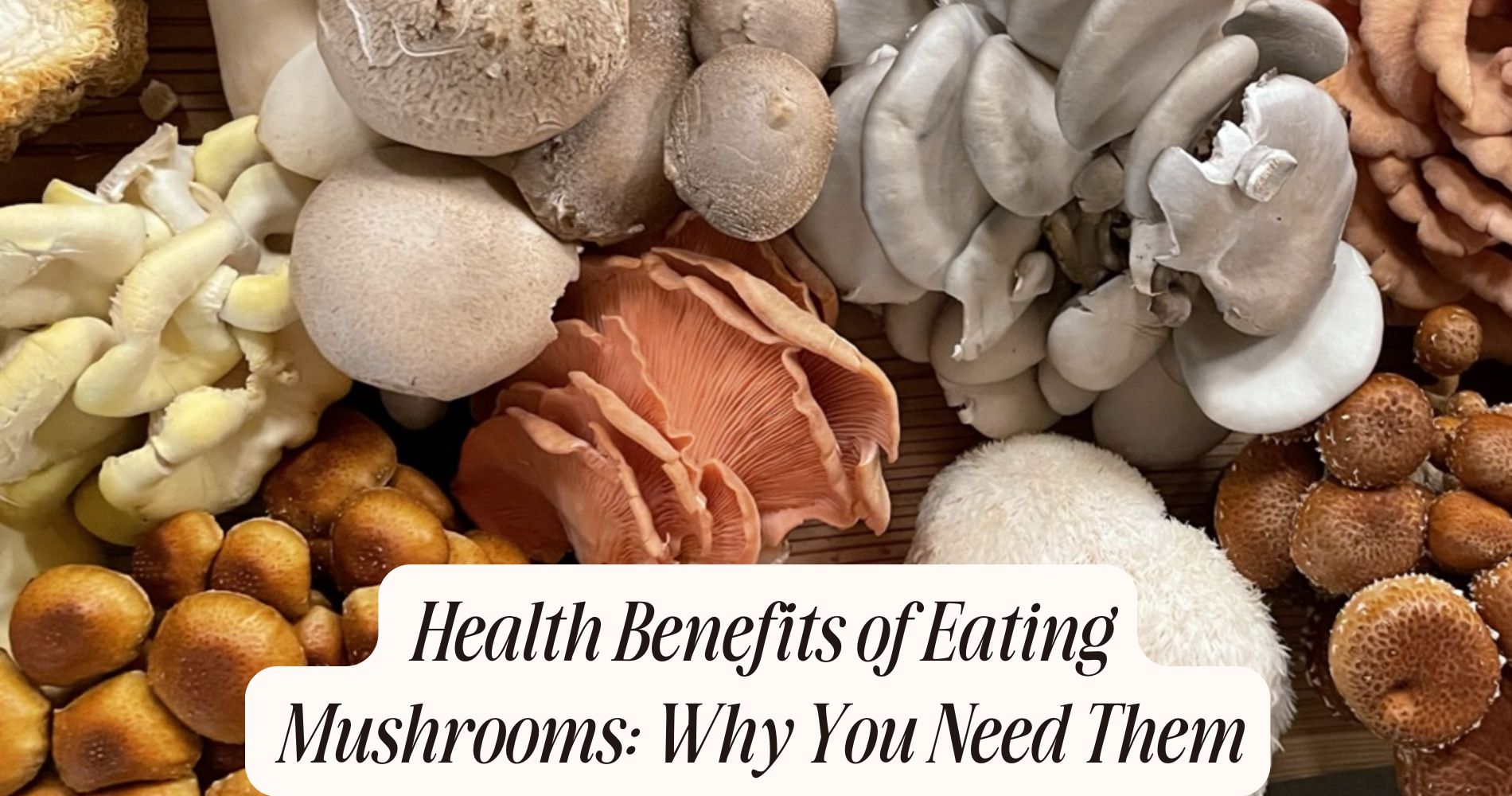
Mushrooms and Serotonin: Can They Boost Your Mood?
Mushrooms and serotonin share a fascinating connection, as certain mushrooms contain compounds like polysaccharides and ergothioneine that may support serotonin synthesis. These natural substances help regulate neurotransmitter balance and stimulate brain activity, contributing to emotional stability. Varieties like Lion’s Mane have shown potential in enhancing mood and easing symptoms of anxiety and depression. Plus, their rich B-vitamin content supports cognitive function. Understanding how mushrooms and serotonin interact could unlock new ways to naturally promote mental well-being.
Understanding Serotonin and Its Role in Mood Regulation
Serotonin, a neurotransmitter, plays a pivotal role in mood regulation. You'll find that its synthesis occurs primarily in the brain, involving the conversion of the amino acid tryptophan.
This process is essential because serotonin's presence directly influences mood disorders such as depression and anxiety. When serotonin synthesis is disrupted, your mood regulation can become impaired, leading to a higher susceptibility to these disorders.
Analyzing its impact, you'll notice that adequate serotonin levels contribute to feelings of well-being and stability. Understanding the biochemical pathways of serotonin synthesis offers insights into therapeutic interventions for mood disorders.
The Nutritional Profile of Mushrooms
Mushrooms serve as a nutritional powerhouse, offering a rich array of essential nutrients that can greatly benefit your health.
Different mushroom varieties, such as shiitake, oyster, and portobello, provide unique nutritional benefits. They're low in calories yet high in important nutrients, including B vitamins like riboflavin, niacin, and pantothenic acid, which play significant roles in energy metabolism and brain function.

Additionally, mushrooms are a good source of selenium and copper, essential for antioxidant defense and maintaining healthy nerves and bones. They also contain beta-glucans, known for enhancing immune function.
The diverse nutritional profile of mushrooms makes them a valuable addition to your diet, supporting overall well-being and providing essential components that contribute to your health.
How Mushrooms May Influence Serotonin Production
While the exact mechanisms remain a subject of ongoing research, mushrooms may play a role in influencing serotonin production in the brain. Certain mushroom compounds, such as polysaccharides and ergothioneine, could potentially affect serotonin synthesis by modulating the biochemical pathways involved.
These compounds might enhance mood by supporting neurotransmitter balance, vital for emotional regulation.
You might consider that mushrooms, particularly varieties like Lion's Mane, are thought to interact with the brain's neural networks, possibly promoting the synthesis of serotonin, a key neurotransmitter linked to mood enhancement.

By influencing these pathways, mushrooms may contribute to a more balanced neurotransmitter environment, which is essential for ideal mental well-being.
This intricate relationship underscores the potential of mushrooms in supporting mood through natural biochemical processes.
Scientific Studies Linking Mushrooms and Mental Health
As research in the field of psychopharmacology progresses, numerous scientific studies have begun to elucidate the connections between mushrooms and mental health. Researchers have identified specific mushroom compounds, such as polysaccharides and ergothioneine, that may impact mental well-being.
These compounds are thought to influence neurotransmitter systems, potentially altering serotonin pathways and enhancing mood stability.
In controlled studies, participants consuming mushrooms rich in these compounds showed improvements in anxiety and depression symptoms. Some research suggests that these effects might be linked to anti-inflammatory properties, which play a role in mental health conditions.
While the exact mechanisms aren't fully understood, the evidence suggests a promising relationship between mushroom compounds and improved mental health outcomes, warranting further investigation to confirm these findings.
Types of Mushrooms With Potential Mood-Boosting Properties
When exploring the types of mushrooms with potential mood-boosting properties, certain varieties stand out due to their unique biochemical compositions.
Medicinal varieties like Lion's Mane and Reishi are renowned for their adaptogenic properties, which help the body manage stress by modulating hormonal responses. These mushrooms may enhance neurogenesis and improve cognitive function, indirectly uplifting mood.
Meanwhile, culinary benefits come from mushrooms such as Shiitake, which are rich in vitamin D and antioxidants, supporting overall well-being.

On the other hand, mushrooms with psychedelic effects, such as Psilocybin-containing species, directly influence serotonin receptors in the brain, potentially leading to profound mood changes and enhanced emotional states.
While research is ongoing, these mushrooms present promising avenues for therapeutic interventions in mental health, warranting further scientific exploration.
Incorporating Mushrooms Into Your Diet for Mental Well-Being
Incorporating mushrooms into your diet can greatly contribute to mental well-being through their diverse nutritional and biochemical profiles. Mushrooms are rich in B-vitamins, selenium, and antioxidants, which play essential roles in brain health.
By focusing on dietary integration, you can harness these benefits effectively. Start with simple mushroom recipes like sautéed mushrooms or mushroom stir-fries, ensuring you include varieties like shiitake or maitake known for mood-enhancing properties. Consider adding mushrooms to soups, salads, and even smoothies for variety.
Integrating mushrooms into your meals not only boosts serotonin levels but also supports overall cognitive function. Regularly consuming these fungi can enhance neurotransmitter synthesis, promoting a balanced mood and improved mental resilience.
Make mushrooms a staple in your diet for peak mental health.
Precautions and Considerations When Using Mushrooms for Mood Enhancement
While integrating mushrooms into your diet offers numerous benefits for mood enhancement, it's important to approach this with a mindful and informed perspective.
Begin by understanding safety guidelines to guarantee you're consuming mushrooms safely. Not all mushrooms are suitable for mood enhancement, and some can be toxic. Always source mushrooms from reputable suppliers to avoid adverse effects.
Adhering to dosage recommendations is essential. Although mushrooms like Lion's Mane and Reishi are generally considered safe, consuming them in excessive amounts can lead to digestive issues or interactions with medications.
Consult with a healthcare professional to determine the appropriate dosage based on your individual health needs. This guarantees you maximize the mood-enhancing benefits while minimizing any potential risks associated with improper use.
Elevate Your Mood Naturally with Well Gummies
Looking for a simple way to support your brain health and mood? Well Gummies 10-IN-1 Mushroom Gummies are packed with 10 functional mushrooms, including reishi, known for their calming and mood-balancing benefits. These vegan gummies promote sharper focus, steady energy, and immune support, helping you feel your best every day. With a fresh wild berry flavor that tastes just like candy, you get all the natural benefits—without jitters or crashes. Add them to your routine and boost your mood, the easy way!
Frequently Asked Questions
Are There Any Side Effects of Consuming Mushrooms for Mood Enhancement?
You're asking about side effects of consuming mushrooms for mood enhancement. Consider mushroom toxicity and individual sensitivity. Not everyone reacts the same; some might experience digestive issues or allergic reactions. Always consult a healthcare provider before consumption.
Can Mushrooms Interact With Antidepressant Medications?
You should consider potential mushroom interactions with your antidepressants, as they might affect antidepressant efficacy. Consult your healthcare provider to guarantee safety, as combining them without guidance could alter medication effectiveness or lead to unforeseen side effects.
What Is the Difference Between Culinary and Medicinal Mushrooms?
You distinguish culinary from medicinal mushrooms by their uses. Culinary mushrooms enhance flavor and texture, offering culinary benefits. In contrast, medicinal mushrooms contain bioactive compounds with medicinal properties, potentially supporting health through immune modulation, anti-inflammatory effects, and more.
How Often Should I Eat Mushrooms for Mood Benefits?
You should consider daily consumption of mushrooms to potentially aid in mood regulation. Studies suggest that consistent intake can contribute to emotional stability, though individual responses vary. Always consult a healthcare professional before making dietary changes.
Are There Any Populations That Should Avoid Mushrooms for Mood Improvement?
If you have mushroom allergies or digestive issues, you should avoid using mushrooms for mood improvement. Allergic reactions can pose severe risks, while digestive problems might exacerbate. Always consult with a healthcare professional before making dietary changes.
Conclusion
Incorporating mushrooms into your diet could potentially support mood enhancement by influencing serotonin production. By understanding their nutritional profile and the scientific studies linking mushrooms to mental health, you can make informed choices about which types might benefit you. While some mushrooms show promise in boosting mood, it's crucial to reflect on precautions and consult a healthcare professional. With careful consideration, you can explore mushrooms as a natural, dietary way to support your mental well-being.




